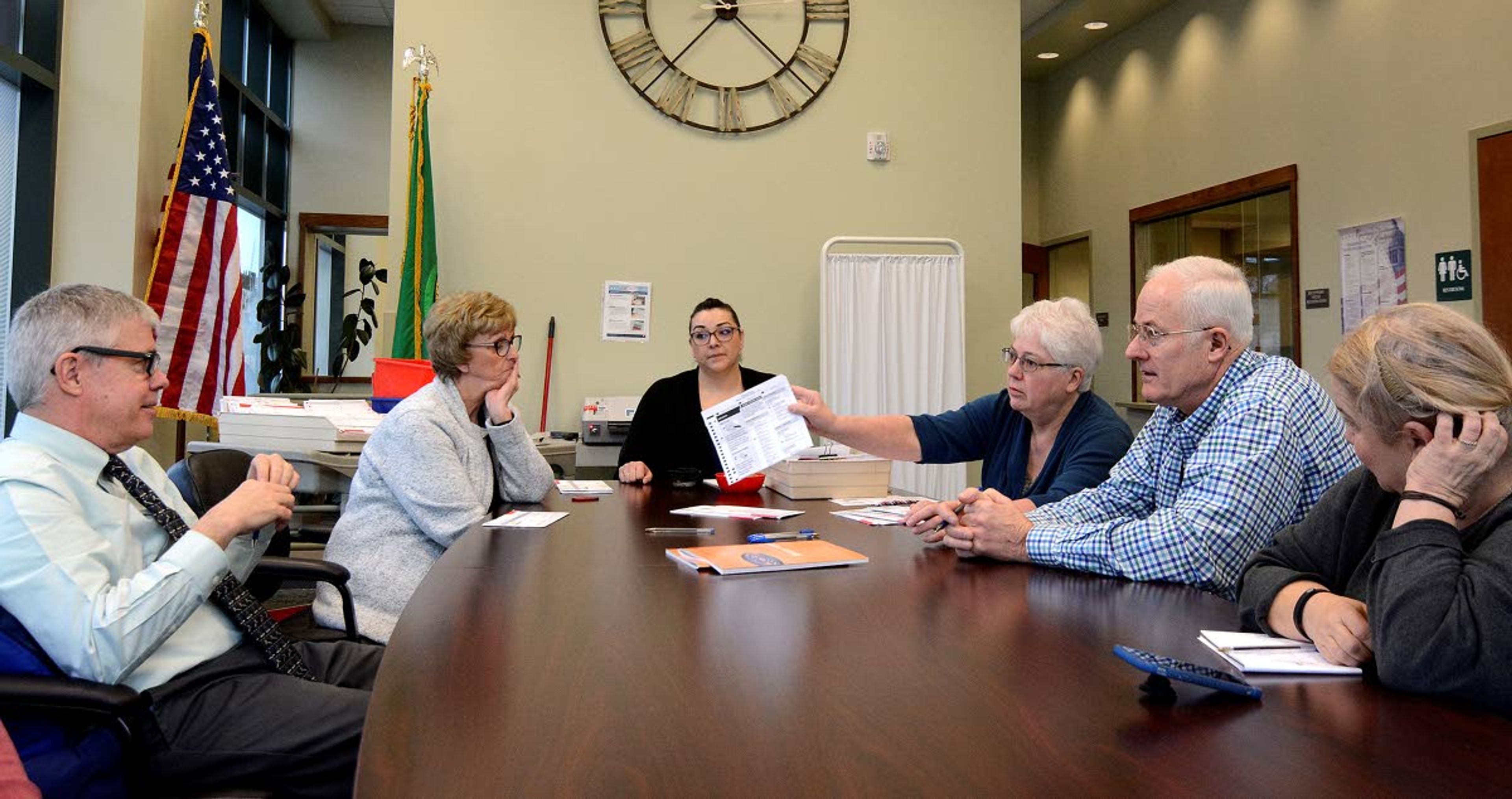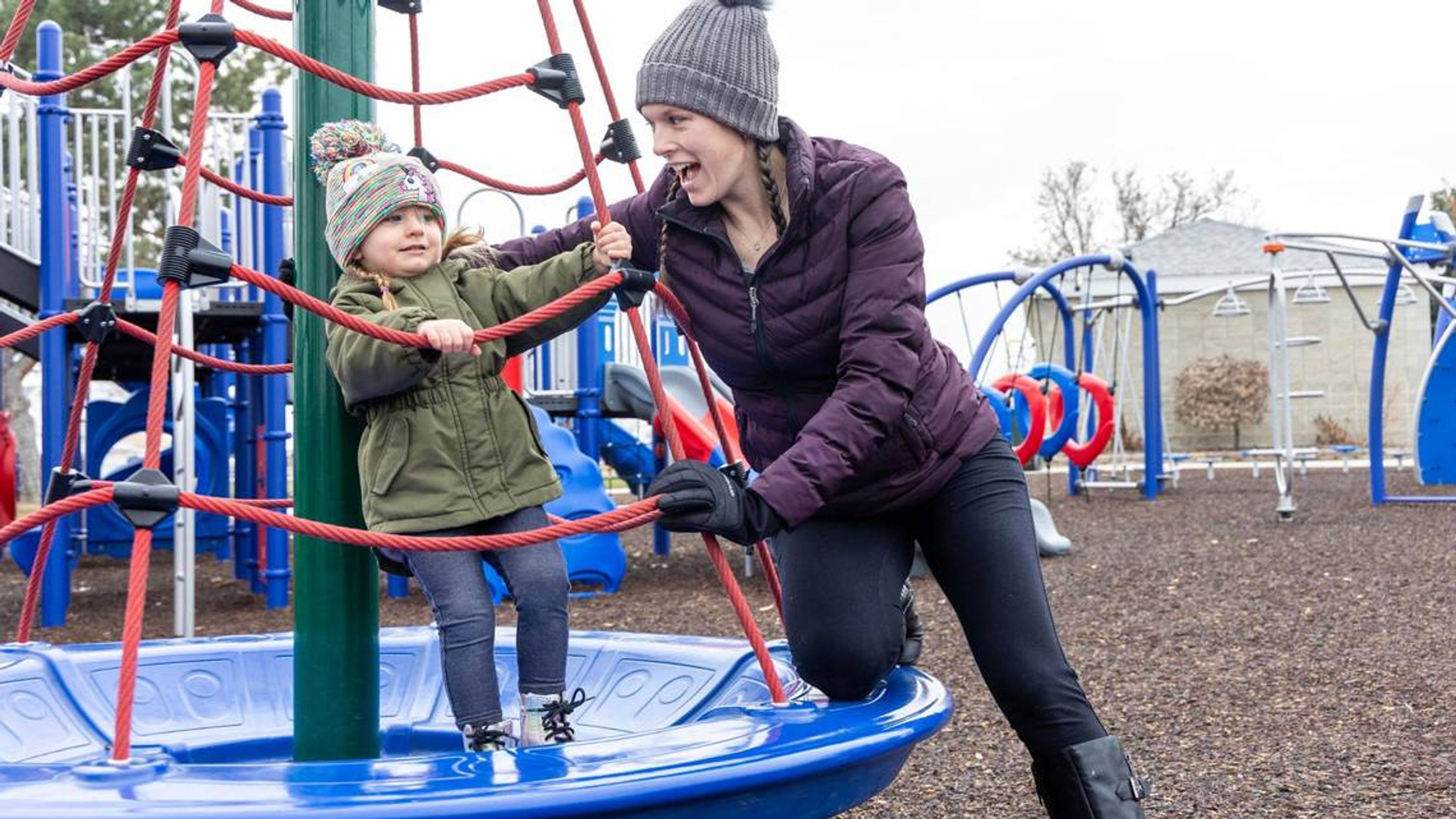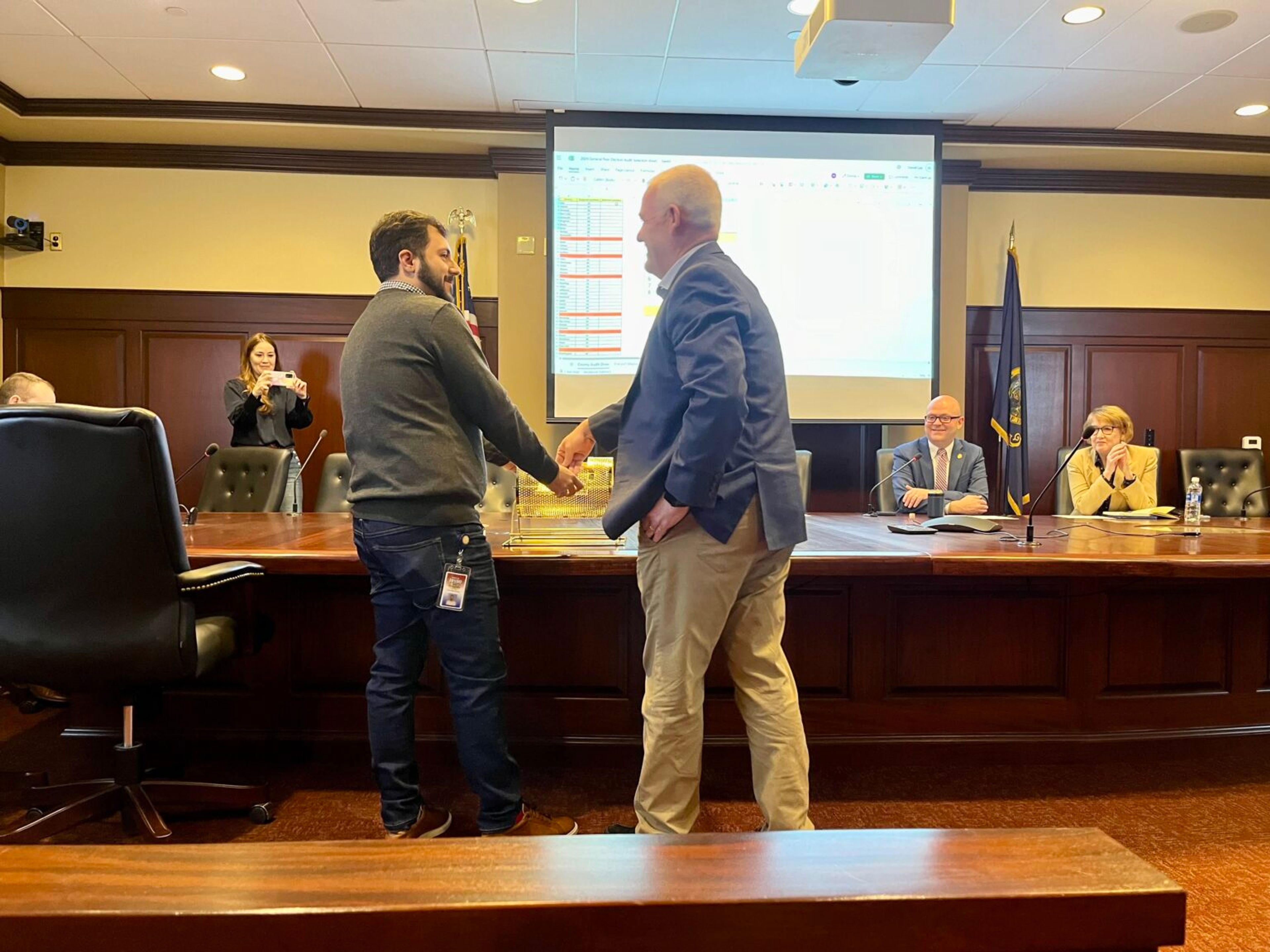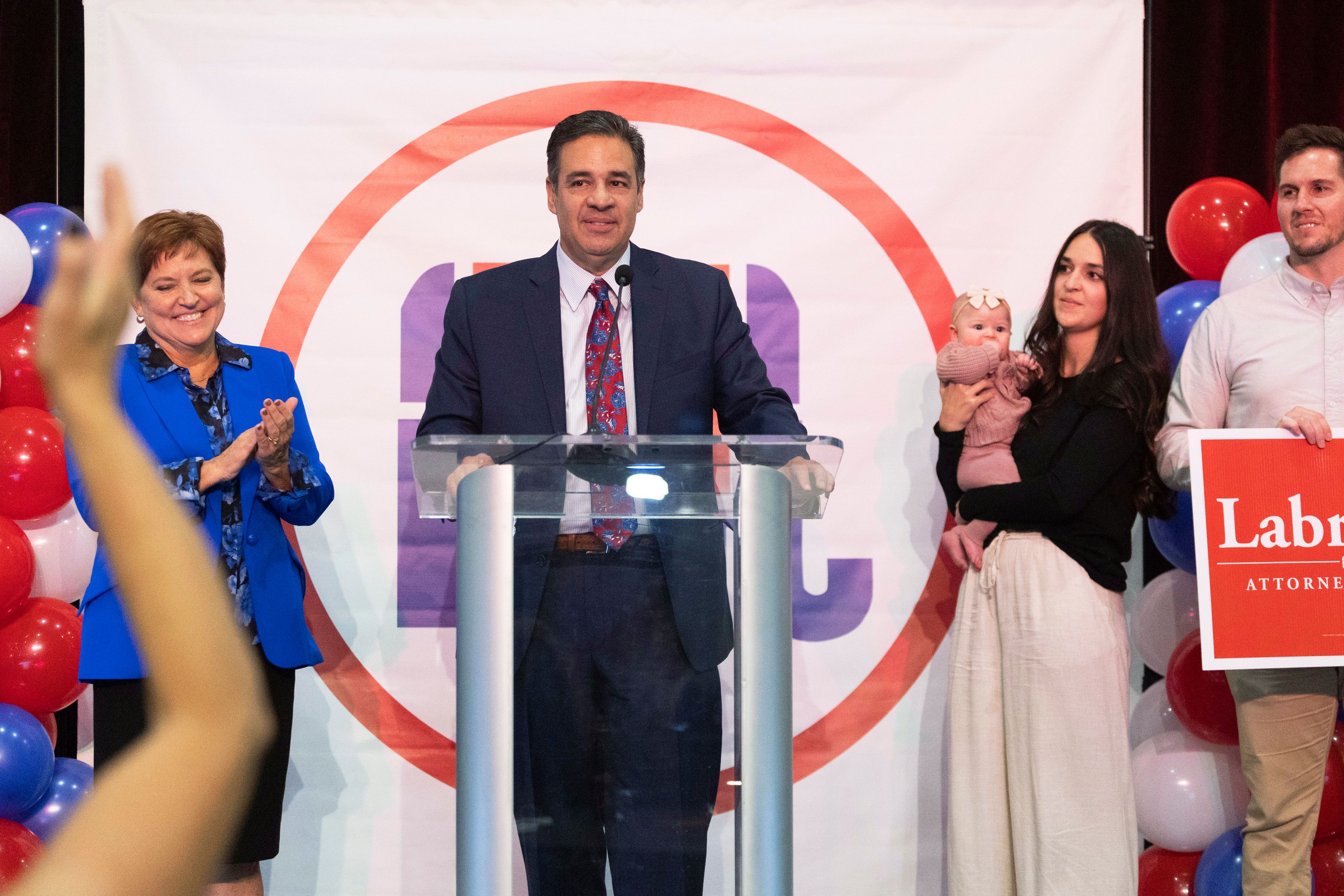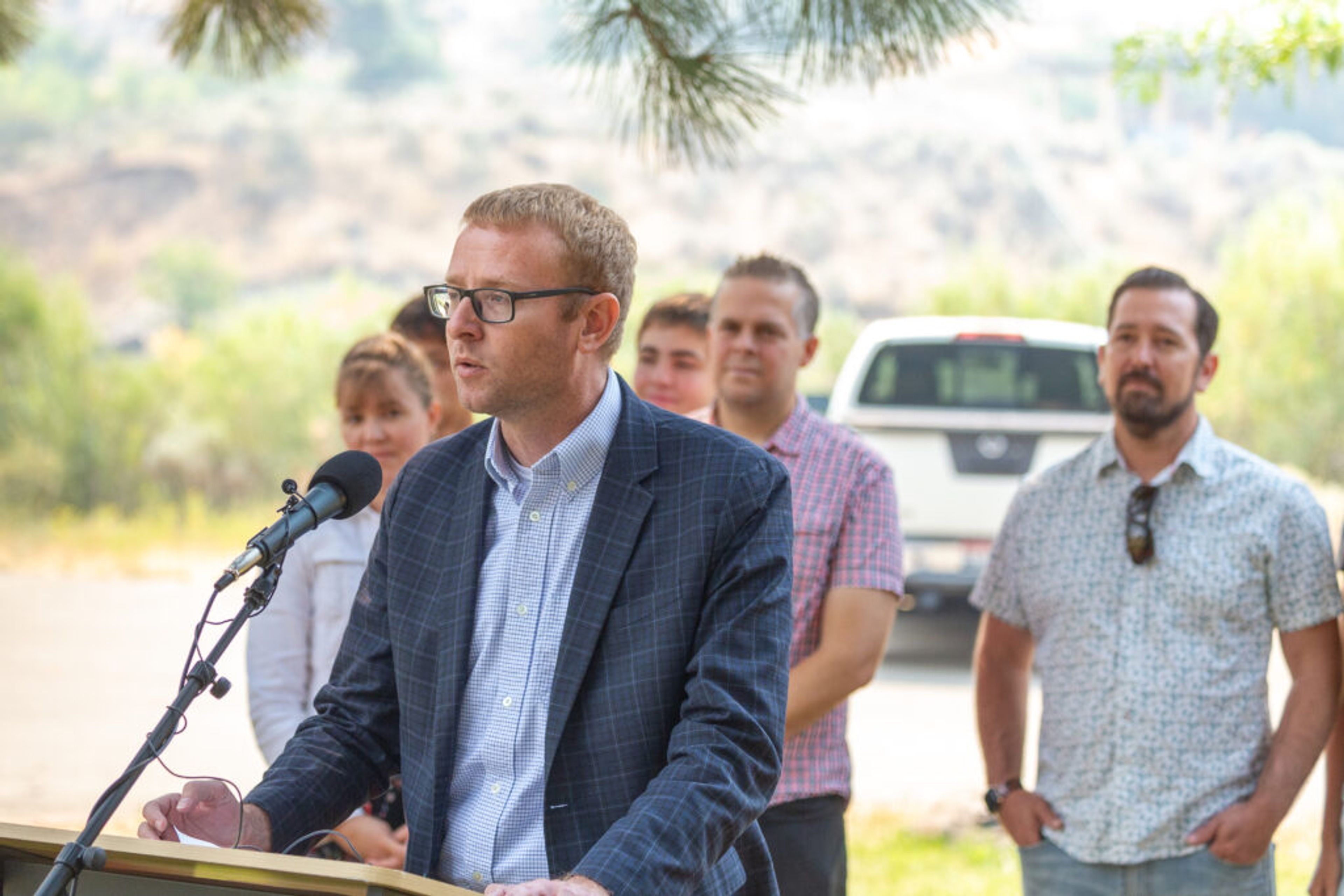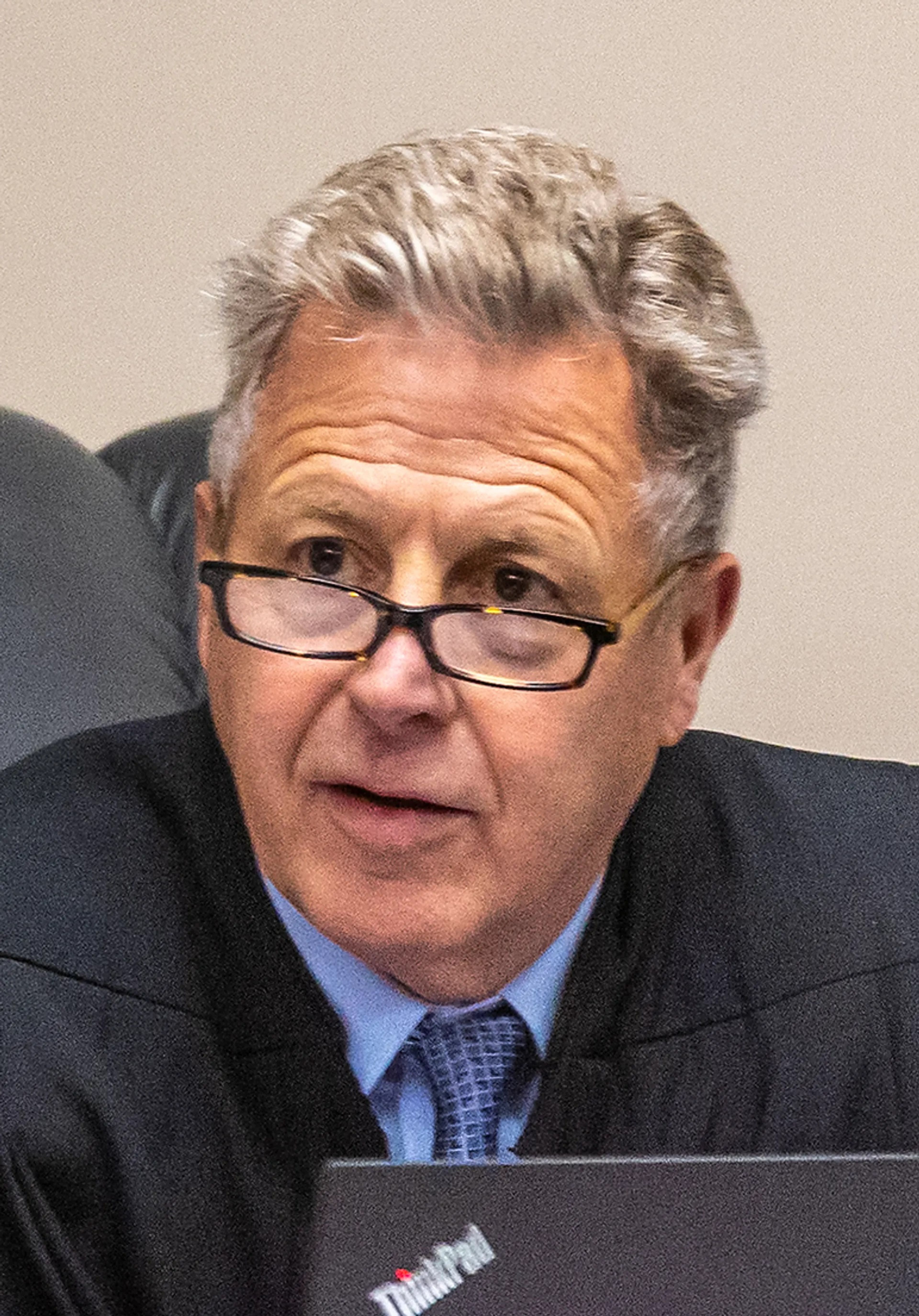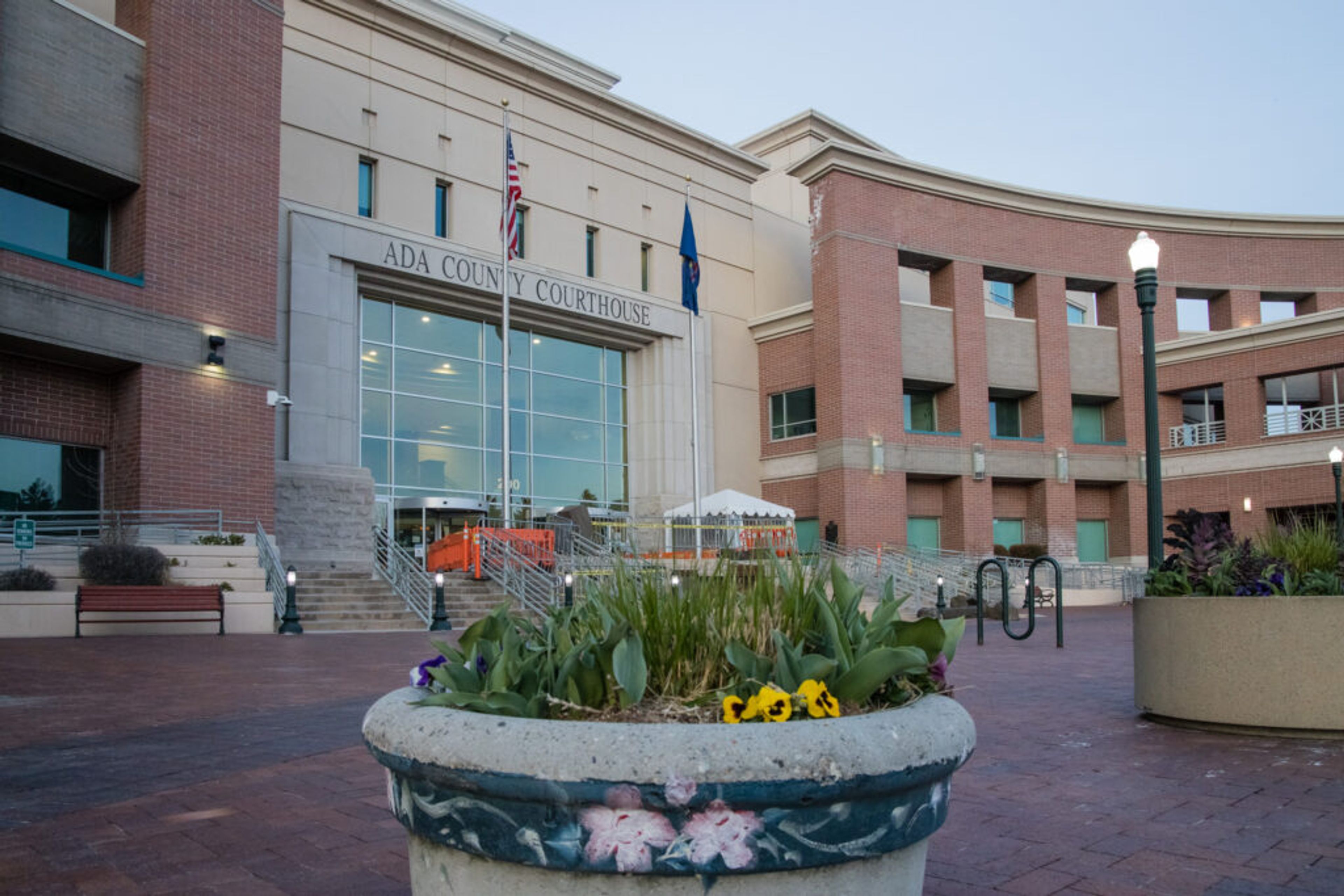Misadventures in voting
Whitman County Canvassing Board sifts through the detritus of democracy, looking for ways to improve
COLFAX — If there’s a way to mess up a ballot, Whitman County voters pretty much found them all during this year’s general election.
One person returned the ballot envelope, but forgot to put the ballot in it.
Others just dropped off the ballot itself, without any identifying information — leaving the county’s elections staff unable to determine if the ballot came from a registered voter.
Nearly a dozen people sent in ballots for the Aug. 7 primary election. One finally got around to returning a ballot from the 2017 primary.
“That tells me there are a lot more people besides myself who need to clean off their dining room table,” said Whitman County Auditor Eunice Coker.
Coker, together with County Commissioner Dean Kinzer and County Prosecutor Denis Tracy, serves on the Whitman County Canvassing Board, which met Monday at the Election Office to review questionable ballots and determine if they should be accepted or rejected.
By law, the election staff can’t reject ballots on their own authority — even in obvious cases where the ballot envelope doesn’t actually contain a ballot. Instead, when any questionable case arises, the canvassing board gets to make the call.
Election Supervisor Mishellena Stanley estimated nearly 500 general election ballots required a decision from the canvassing board this year. The bulk of those — about 300 in all — were situations where the signature on the ballot envelope didn’t match the signature in the person’s voter registration file.
The canvassing board reviewed each of those ballots individually. If two of the three board members decided the signatures matched, the ballot counted; otherwise, it was rejected.
“It’s too bad voters don’t know that we match their signatures,” Tracy said. If they did, they might make more of an effort to write legibly.
Some of the signatures looked more like abstract art than letters in any alphabet — all sharp angles or bumpy lines that would embarrass even the most forgiving of grade school English teachers. One looked like a two-dimensional hair ball. Even that would be fine, though, as long as the scrawl on the ballot envelope matched the scrawl in the voter registration file. In many cases, though, the canvassing board couldn’t find a single point of similarity between the signatures, much less the minimum three points the election staff likes to have.
Coker said her election staff has received training from the Washington State Patrol, the Federal Bureau of Investigation and the U.S. Secret Service on how to match signatures. The agencies recommend that people update their voter registration signatures every seven to 10 years, because handwriting can change significantly over time.
When the staff is unable to match signatures, they contact the voter by letter and/or email, asking them to come to the office to correct the problem so their ballot can be counted. If they don’t respond, the ballots goes to the canvassing board for a final determination; that was the case with all of the ballots that the board reviewed Monday. In a couple of instances, voters sent in an updated signature form, but the updated signature didn’t match their ballot any better than the original signature did.
Besides reviewing cases where the signatures didn’t match, the board also rejected about 30 ballots where the ballot envelope wasn’t signed at all.
“We reached out to those voters multiple times, but never heard back from them,” Stanley said.
Another 40 to 50 ballots were rejected because they were postmarked after Election Day. Three ballots were rejected because they were faxed or emailed to the Election Office.
Although Washington voters can download ballots online, Stanley said, by law the office can only receive electronic ballots from military and overseas voters. Anyone else who downloads a ballot must mail it to the office for it to count.
The canvassing board didn’t just say no, though. It accepted about a dozen ballots from voters who requested a provisional ballot (because the first ballot was lost or never arrived), but then returned the original ballot.
“When we issue a provisional ballot, we suspend the first one,” said Cindy Pitts, who works in the Election Office. “These (dozen) voters all returned the suspended ballot.”
None of them returned more than one ballot, though, so the board agreed to unsuspend the ballot that was returned and count it.
The board also accepted ballots from three voters who did return more than one ballot. Two of them returned a ballot they got in the mail, as well as ones they downloaded from the internet. Another sent in two downloaded ballots.
“It’s nice that the system can catch that,” Kinzer said.
The board only accepted a single ballot from each voter, rejecting the other. However, they also asked the Election Office to send a letter letting them know they voted twice and clarifying that it is a crime to do so intentionally.
“I’m not going to jump to the assumption that they intended to commit a crime,” Tracy said.
The canvassing board will meet again this morning to certify the final general election results. As part of that process, the Election Office prints out a reconciliation report that, among other statistics, tallies the total number of registered voters, total number of ballots issued and received, number of provisional ballots issues and received, total ballots counted and the number of ballots rejected.
Spence may be contacted at bspence@lmtribune.com or (208) 791-9168.
